Spanish Society of Immunology
If you are the contact person for this centre and you wish to make any changes, please contact us.
Specialist in Immunology at the Hospital de Sant Pau in Barcelona and secretary of the Spanish Society of Immunology
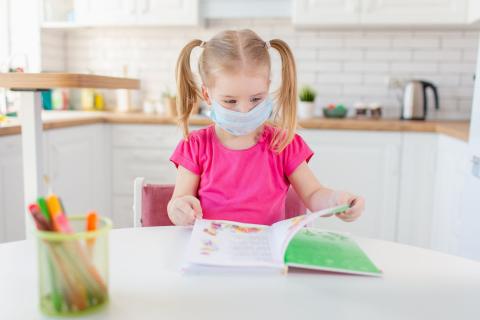
Severe combined immunodeficiency due to ADA enzyme deficiency is a rare disease that, without treatment, usually causes death within the first two years of life. These "bubble children" are currently treated with a bone marrow transplant or with injections that aim to restore, to the extent possible, the function of this enzyme. Now, an international team presents the results of a gene therapy administered to 62 children with the disease between 2012 and 2019. The therapy was effective in 95% of cases and did not cause serious complications, according to the authors, whose work is published in the journal NEJM.
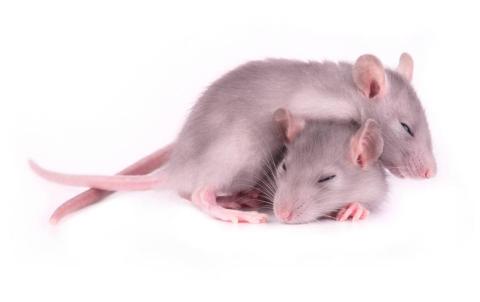
An antibody therapy is able to restore the immune system of elderly mice to a more youthful state. The method, published in the journal Nature, rebalances blood cell production and reduces age-related immune decline. Preclinical and clinical studies are needed to determine whether this approach could be feasible in humans.
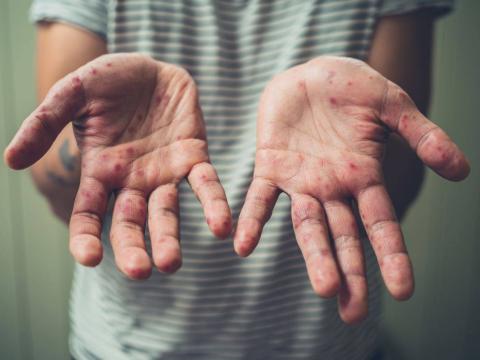
Toledo and Alicante are suffering the first outbreaks of measles recorded in Spain since the pandemic, El País reported today. In total, 15 cases have been confirmed since 1 January, of which seven are imported and eight autochthonous.
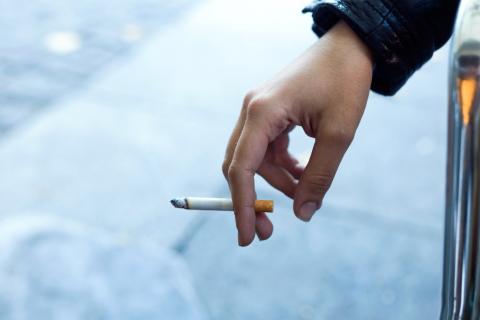
A study has analysed more than 100 environmental factors and their impact on the immune response. After studying about a thousand volunteers, its conclusions are that smoking is the factor that causes the most alterations in defences. While some changes are transient, others may remain for years after quitting. The results are published in the journal Nature.
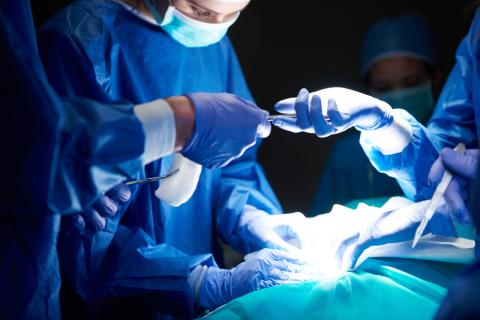
Currently, when an organ transplant is performed, the patient has to take immunosuppressive drugs to prevent his or her system from rejecting the new organ. These drugs must be taken for life and have numerous side effects. In a phase 1 clinical trial, researchers gave patients receiving a liver transplant regulatory dendritic cells derived from the original donor, with the hypothesis that these cells could 'teach' the recipient's immune system to tolerate the new organ. The research, published in Science Translational Medicine, suggests that this treatment could reduce or even eliminate the need for long-term use of immunosuppressants.
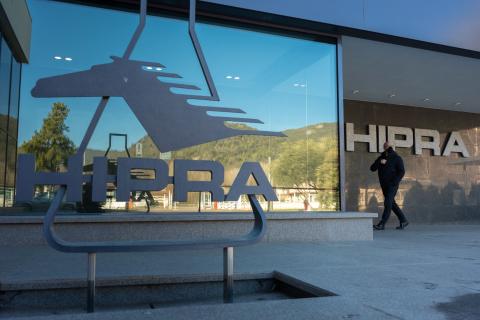
The European Medicines Agency (EMA) has licensed Hipra's vaccine - currently called Bimervax - against SARS-CoV-2 as a booster in people aged 16 years and older who have previously been vaccinated with mRNA vaccines. The EMA began the ongoing evaluation of the vaccine, which was expected to be approved in the middle of last year, on 29 March 2022.

A study in mice has found that high doses of the sweetener sucralose can reduce the immune response and, under certain laboratory conditions, alter its action against infections or tumours. The results are published in the journal Nature.
Bubble boy syndrome is a very serious condition caused by combined immunodeficiency. It is sometimes caused by certain mutations in the gene that codes for the Artemis protein. A phase I-II clinical trial has tested a gene therapy that adds a correct copy of the gene. The results are published in the journal NEJM.

To estimate the effectiveness of two or three doses of vaccines against covid-19 infection and hospitalisation, researchers in Denmark conducted a study of all previously uninfected Danish residents aged 12 years and older. The conclusion of the research, which is published in PLOS Medicine, is that a third dose provided greater protection against infection and hospitalisation with omicron than two vaccines.
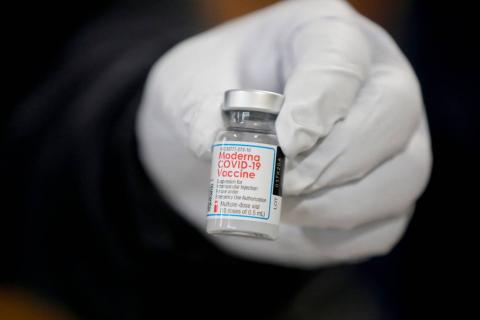
The UK Medicines and Healthcare products Regulatory Agency (MHRA) has approved an updated version of the covid-19 vaccine manufactured by Moderna that also targets the omicron variant. It is intended to serve as a booster dose for adults.